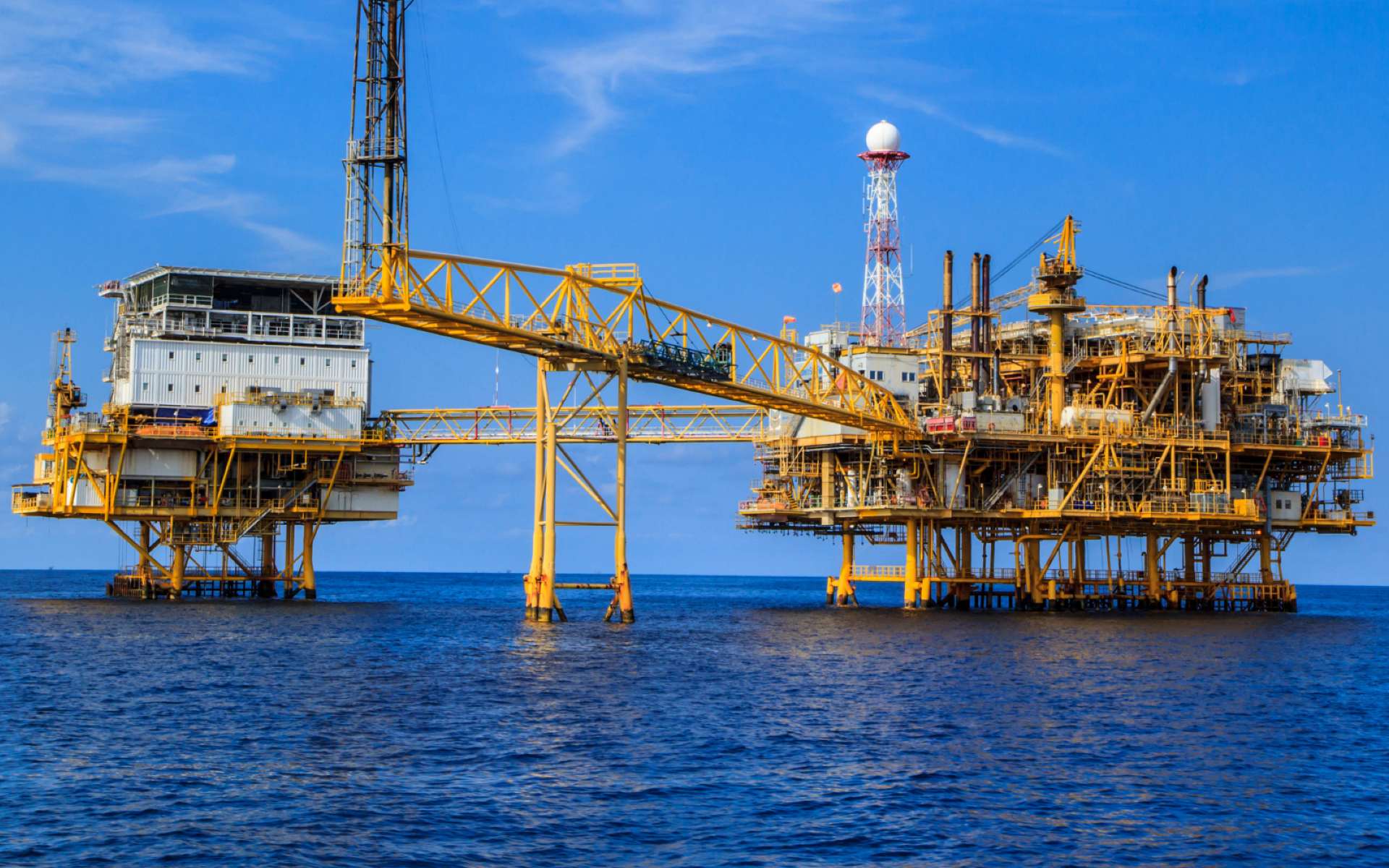
Algeria’s national oil and gas company Sonatrach is undergoing a sweeping transformation of its energy infrastructure, solidifying its status as a major hydrocarbon player in the Maghreb and beyond.
In an increasingly volatile global energy market, the state-owned firm is placing its bets on modernisation, strategic development of reserves, and long-term energy sovereignty rather than short-term exploitation.
At the heart of this transformation is the industrial overhaul of key production zones. In Hassi Messaoud, Algeria’s historic oil hub, Sonatrach is completing a new liquefied petroleum gas (LPG) extraction plant capable of processing 10 million cubic metres of gas daily.
Once operational, the plant is expected to produce 1,000 tonnes of LPG, 300 tonnes of condensate, and 8.7 million cubic metres of gas each day.
Nearby, subsidiary Sarpi is developing a multiphase pumping station in Rhourde Chegga, designed to process up to 20,000 barrels of crude oil and 800,000 cubic metres of associated gas per day.
These projects exemplify Sonatrach’s integrated strategy to combine extraction with localised processing, building efficiency directly into the supply chain.
Further east, in the Illizi region, work is underway on a $850 million gas compression station at Rhourde Nouss. Executed in partnership with China’s Jereh Oil & Gas, the project complements existing gas operations in Tinrhert, In Amenas, and Alrar, signalling Sonatrach’s intent to optimise current fields and strengthen in-country refining capacity.
Meanwhile, Algeria’s southwest, long on the periphery of its energy map, is stepping into prominence. Fields in Reggane, In Salah, and Timimoun are being tapped for conventional and complex gas reserves. Infrastructure is expanding rapidly, with new wells, processing plants, and compression stations feeding into an upgraded national pipeline network. Notably, the third phase of the Hassi R’mel gas collection centre is nearing completion, with a 2027 deadline on the horizon.
In the Greater Touggourt region, the Bir Sbaâ site is also scaling up. A major expansion will double processing capacity from 20,000 to 40,000 barrels per day, supported by the construction of additional gathering stations and over 400 kilometres of new pipelines.
Algeria’s approach is as much about resilience as it is about growth. By integrating production, processing, and transfer into a cohesive strategy, Sonatrach is building a system capable of adapting to market shifts and technological evolution. More than a race for output, the country’s energy ambitions rest on a long-term industrial blueprint that seeks to anchor Algeria’s role as both a stable supplier and a forward-looking force in global energy.



